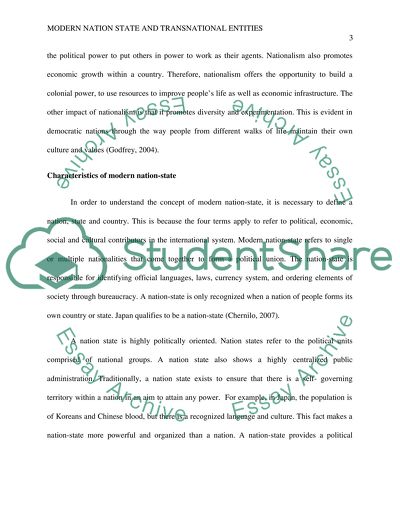Cite this document
(“Modern nation-state and transnational entities Essay”, n.d.)
Modern nation-state and transnational entities Essay. Retrieved from https://studentshare.org/history/1454377-modern-nation-state-and-transnational-entities
Modern nation-state and transnational entities Essay. Retrieved from https://studentshare.org/history/1454377-modern-nation-state-and-transnational-entities
(Modern Nation-State and Transnational Entities Essay)
Modern Nation-State and Transnational Entities Essay. https://studentshare.org/history/1454377-modern-nation-state-and-transnational-entities.
Modern Nation-State and Transnational Entities Essay. https://studentshare.org/history/1454377-modern-nation-state-and-transnational-entities.
“Modern Nation-State and Transnational Entities Essay”, n.d. https://studentshare.org/history/1454377-modern-nation-state-and-transnational-entities.


